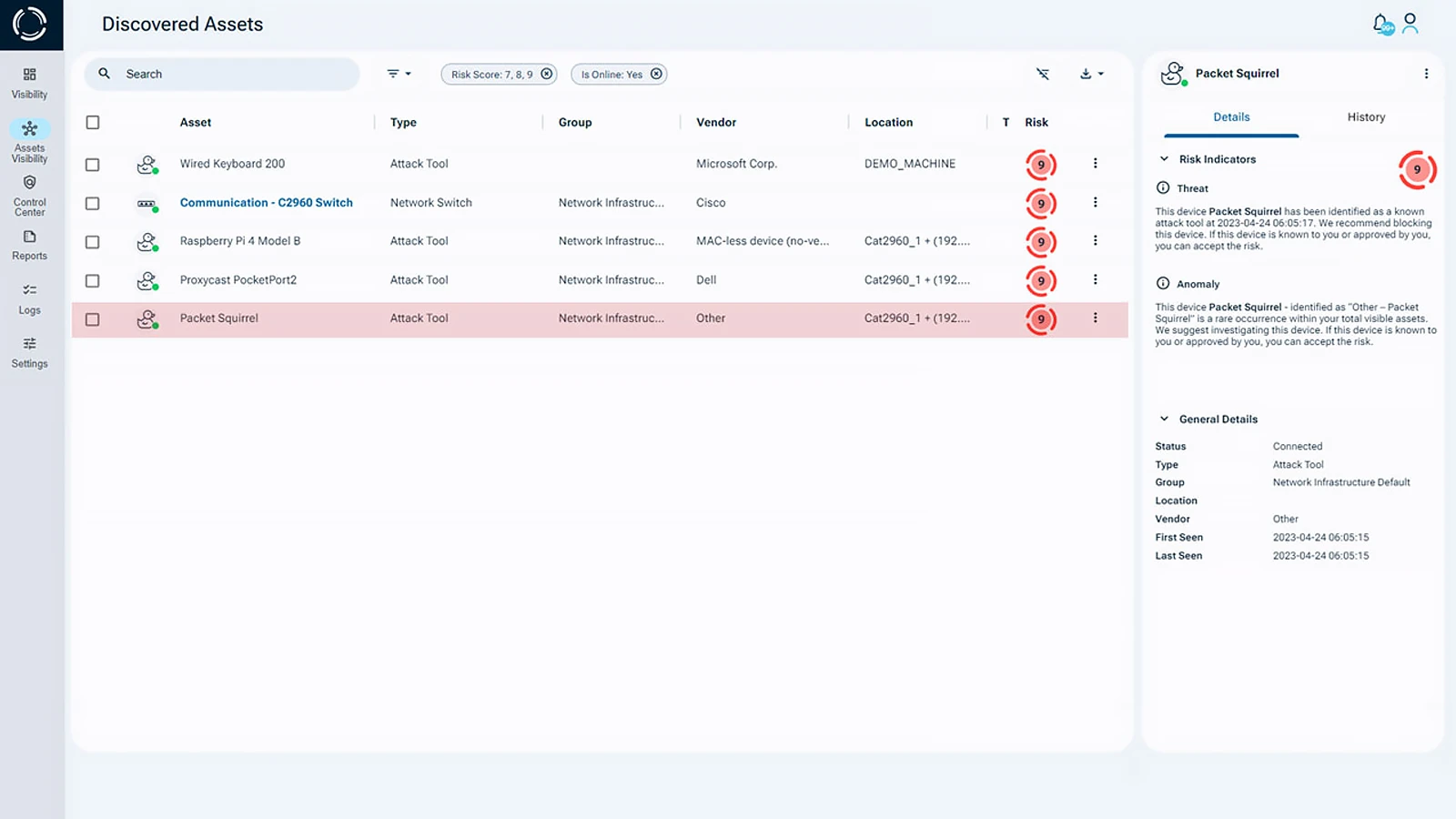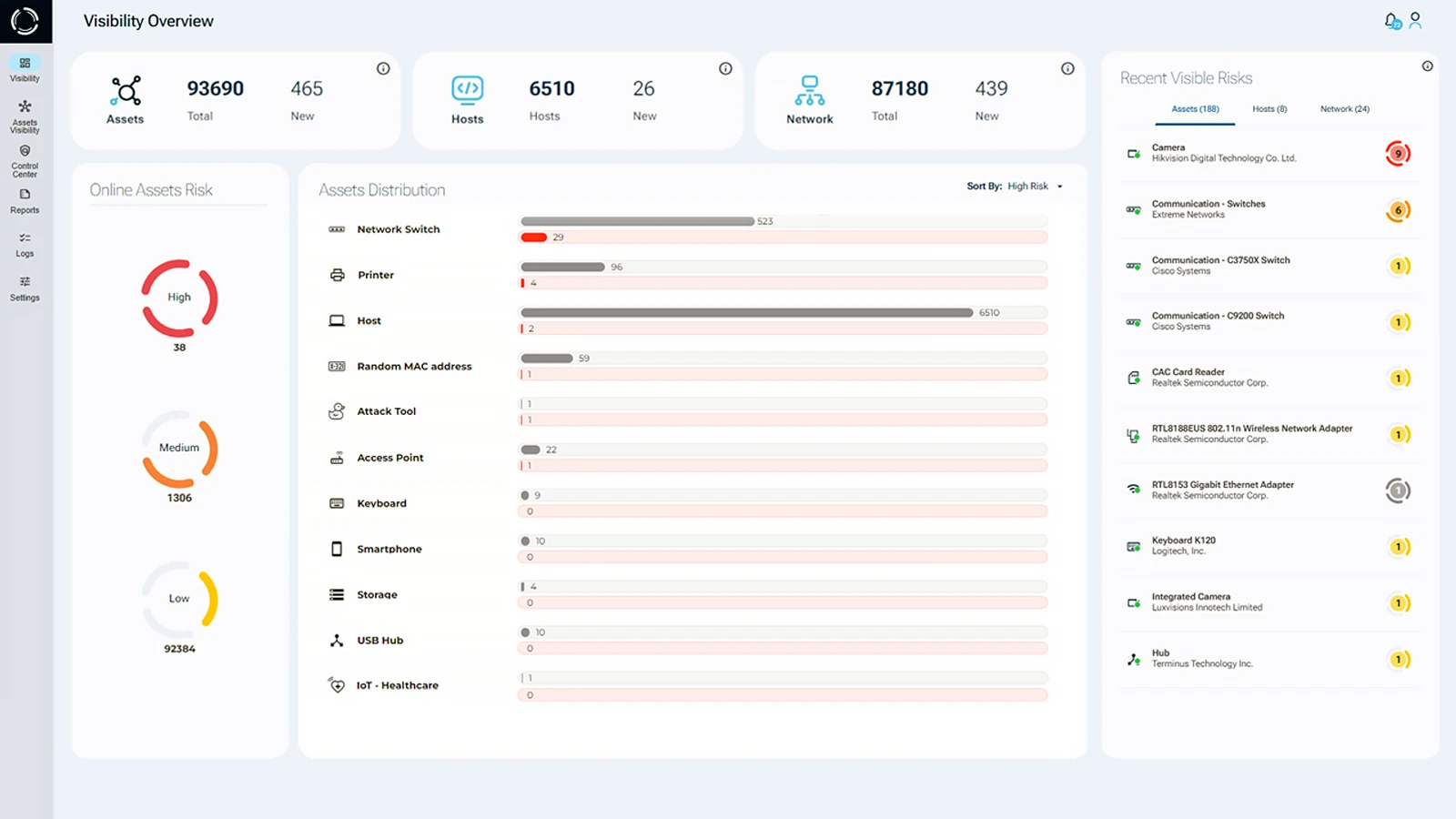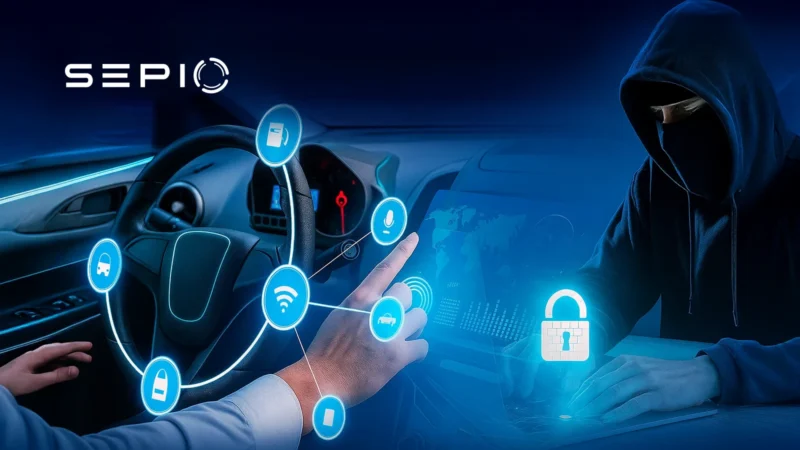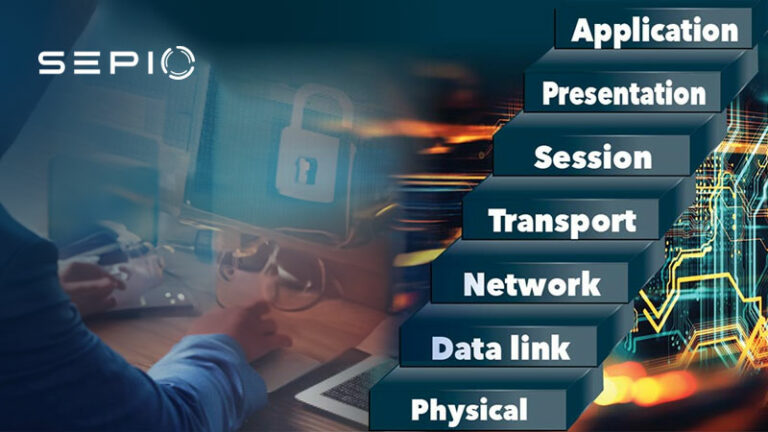Car Computer Security
Car Computer Security refers to the protection of a vehicle’s internal car computer systems, such as the Engine Control Unit (ECU), Transmission Control Module (TCM), and Powertrain Control Module (PCM), from unauthorized access, tampering, and cyberattacks. As modern vehicles become more connected and software-driven, securing these automotive computer systems is essential for driver safety, vehicle performance, and data integrity.
Today’s cars rely on multiple car computer systems to manage everything from engine efficiency and transmission behavior to safety features and infotainment. The ECU governs engine operations, the TCM handles gear shifting, and the PCM combines the functions of both to streamline performance. While these systems offer major technological advantages, they also expand the attack surface for automotive cyber security threats.
With projections indicating over 400 million connected vehicles on the road by 2025, the automotive attack surface is growing rapidly. Each new connection, whether through over-the-air updates, Car media systems, or remote diagnostics, opens new potential vulnerabilities that malicious actors can exploit.
As a result, Car Computer Security is no longer optional, it is a mission-critical component of modern automotive cyber security. Defending these car computer systems from intrusion is essential to prevent dangerous scenarios such as data theft, loss of control, or system shutdowns. A strong automotive cybersecurity framework ensures the resilience, reliability, and safety of connected vehicles in an increasingly digital world.
Automotive Cyber Security Threats
Security researchers have already demonstrated how real-world car cyberattacks can unfold. In 2015, Charlie Miller and Chris Valasek famously took remote control of a Jeep Cherokee, overriding the driver’s attempts to regain control. More recently, in January 2022, a 19-year-old hacker, David Colombo, remotely accessed 25+ Teslas worldwide, unlocking doors, rolling down windows, and even initiating keyless driving.
While these were ethical demonstrations, they reveal the vulnerabilities present in modern car computer systems. In the hands of malicious or state-sponsored actors, such exploits could cause widespread disruption, damage, or even loss of life.
Car Diagnostic Devices: A Hidden Threat to Car Computer Security
Car Computer Security also depends on the tools used to service modern vehicles. Nowadays, mechanics run all their tests through a car diagnostic device, like Autel® MP808K, or Launch® X431 V Plus, to identify various problems with a car. These computers can indicate whether a suspension needs to get recalibrated. If the axel is not in line. Or when the headlights are too dim. Car diagnostic devices determine the exact issue, reducing costs and operation times.
However, Car Computer Security is not only about software vulnerabilities. It also involves hardware manipulation within the supply chain. Attackers can get into production lines by posing as employees. They might tamper with car diagnostic devices by planting Raspberry Pi units inside. Others spoof the cables that connect diagnostic tools to vehicles.
These hardware attack tools let cybercriminals compromise a car’s firmware through its diagnostic device. This can ultimately grant them full control over the vehicle. The risk is further increased by Rogue Devices, which operate at Layer 1, allowing them to bypass traditional security solutions such as Network Access Control (NAC), Endpoint Protection Systems (EPS), Intrusion Detection Systems (IDS), and IoT Network Security. As a result, victims remain unaware of a hardware-based attack until it’s too late.

State-Sponsored Car Computer Security Threats
Let’s consider a scenario in which a state-sponsored actor executes a hardware-based attack on a car diagnostic device. Suppose tensions are escalating between two nations, Fakeistan and Madeupistan. To gain an advantage, Fakeistan could hire a hardware-based hacking group to infiltrate Madeupistan’s manufacturing warehouses.
Once inside, the attackers could tamper with car diagnostic devices, replacing their connecting cables with spoofed components designed to compromise a vehicle’s firmware. But what would Fakeistan gain from such an attack?
By covertly seizing control of vehicles, Fakeistan could orchestrate widespread car accidents across Madeupistan, leading to physical injuries, chaos, and fear, all of which pose a direct threat to national security.
Protecting Emergency Vehicles
The threat to car computer systems extends beyond personal vehicles. Emergency services, ambulances, fire trucks, and police vehicles, depend on uncompromised automotive computer systems to operate effectively. If attackers disable these systems using corrupted tools, entire cities could be left without critical response capabilities. In the event of a national emergency or organized attack, the consequences could be catastrophic.
Automotive Cyber Security with Sepio
As cyberwarfare evolves, state-sponsored and criminal actors are exploiting every weakness, particularly at the hardware level. Effective car computer security demands visibility into the physical layer, which is often overlooked by traditional cybersecurity solutions.
Sepio’s Asset Risk Management (ARM) platform addresses these security gaps by providing comprehensive Layer 1 visibility. With ARM, no device goes unmanaged. The solution identifies, detects, and secures all IT, OT, and IoT devices. Furthermore, ARM’s policy enforcement and Rogue Device Mitigation capabilities instantly block any unauthorized or malicious hardware, allowing a Zero Trust Hardware Access (ZTHA) approach that stops attackers at the first line of defense.

Asset Visibility for your Automotive Cyber Security
Unlike traditional solutions, Sepio’s ARM requires no additional hardware and does not monitor network traffic. Within just 24 hours, we deliver complete asset visibility, detecting rogue or vulnerable devices. Think of ARM as a checkup tool, for your connect network assets. Schedule a demo today to see how Sepio’s ARM can protect your car computer security.






